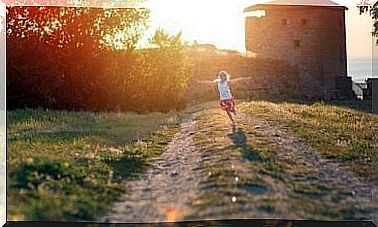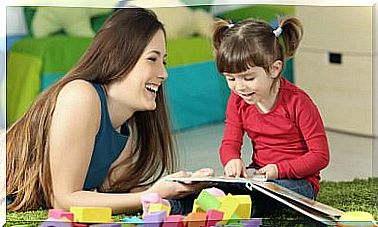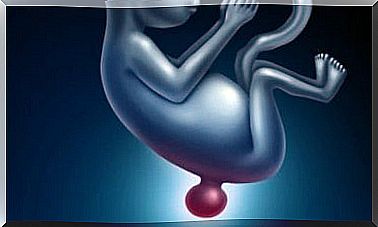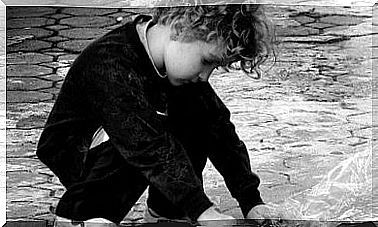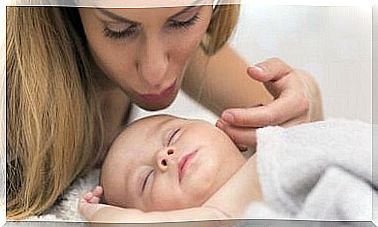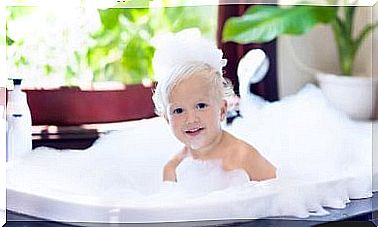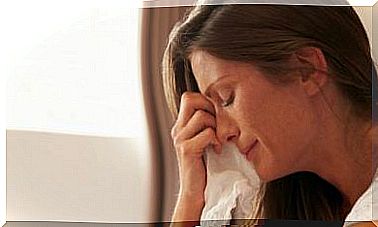Women’s Biological Clocks: Age And Fertility
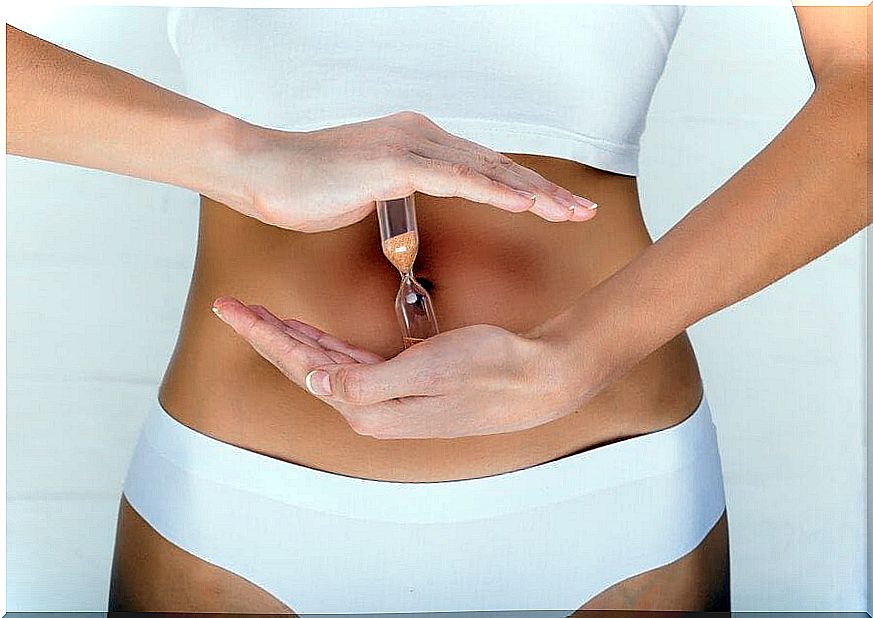
The most common myth about women’s biological clocks is that the desire to have children only starts when they get older. However, there is no evidence to show that women are born to have the need to have children. There is no biological reason to “have a screw”.
Women’s biological clocks determine their fertility after they turn 35 years old. Their ability to have a child begins to decline. This is because the number of eggs and their quality decreases as they get older. Women begin to become less and less fertile after this age.
However, there are many places that offer infertility treatments to help women get pregnant who are having a hard time getting pregnant.
Women’s biological clocks
The first thing you should know is that women’s reproductive age begins with their first menstrual cycle, which generally happens around 12 years. It lasts until their last menstrual period, about 4 decades later.
A few different things cause women’s fertility to start declining in their 20s and 30s. Fertility decreases markedly after 35 years.
The chances of getting pregnant are much lower in women between 30 and 40 years. But you should keep in mind the factors that expand your biological clock.
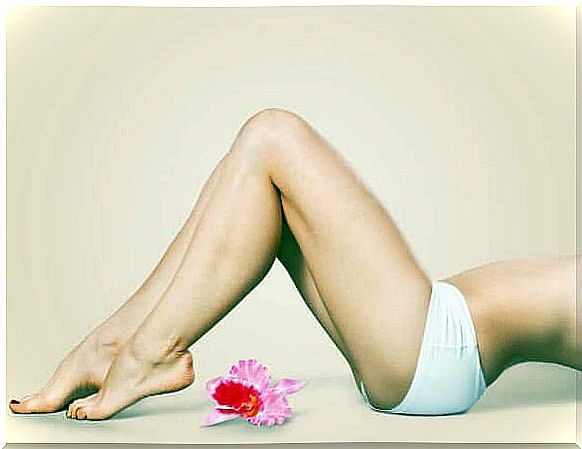
The relationship between age and fertility
The truth is that age inevitably affects women’s fertility. After puberty, women’s fertility increases. Then, as a woman gets older, there is a greater risk of not being able to get pregnant.
In general, women follow this timeline regarding the relationship between age and fertility:
- Reaching their peak in the early and mid 20s. Thereafter, women’s fertility begins to decline slowly.
- More dramatic decline begins around age 35.
- Stops getting menstruation, also called reaching menopause, which generally occurs between 40 and 50 years.
- Menopause marks the end of fertility, although infertility from aging may occur before this date.
Women who are 35 years or older should know that age has a lot to do with fertility. In fact, the likelihood of having a baby gradually decreases in your early 20s and decreases rapidly after you turn 40 years old. There are certainly some factors that can also affect a woman’s fertility.
“Women’s biological clocks determine their fertility after reaching the age of 35. Their ability to have a child begins to decline. However, there are many places that offer fertility treatments. ”
Influential factors in women’s biological clocks
A woman’s health before pregnancy affects both her chances of getting pregnant and having a healthy pregnancy. Smoking, drinking alcohol moderately or too loudly and weight problems make it harder for a woman to get pregnant.
On the other hand, other medical conditions such as high blood pressure or diabetes affect the chances of having a successful pregnancy. You should also remember your family history if anyone has had these relationships.

Genetics have a big impact when women want to stop releasing eggs. As a result, they will stop their menstrual cycles.
The couple’s general health also affects the chances of getting pregnant. In fact, you can prolong fertility by addressing health risks that you can control.
Finally, we would like to remind you that the myth of a woman’s biological clock is exactly as it is – a myth. The assumption that it is a “ticking clock that says you must get pregnant before the age of 35” is only one way in which society understands motherhood and women’s health.
You should not feel any kind of pressure to be a mom until you are completely ready.
You should know that the current trend is to have children at an older age. Motherhood among women over the age of 40 is also growing. This may be due to new fertility treatments that help overcome natural infertility.
